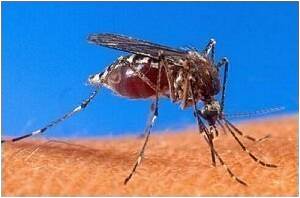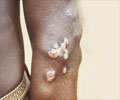To protect people against potentially deadly infectious disease outbreaks, it is critical to rapidly share information about the pathogens that cause them.

‘An innovative model for sharing influenza data over the past decade has been developed by researchers.’





The article finds that by developing a successful track-record in
the field of influenza, GISAID is contribuing to global health in at
least five ways: (1) collating the most complete repository of high-quality influenza data in the world;
(2) facilitating the rapid sharing of information during outbreaks;
(3) supporting the World Health Organization's strain selection process for the seasonal flu vaccine;
(4) developing mechanisms to resolve potential conflicts concerning the sharing of virus data; and
(5) building greater trust with countries that are key to global pandemic preparedness.
"There are important lessons that can be learned from the influenza community, which has developed an innovative model for sharing such data over the past decade," said Prof. Stefan Elbe, co-author of the Global Challenges article.
Source-Eurekalert















